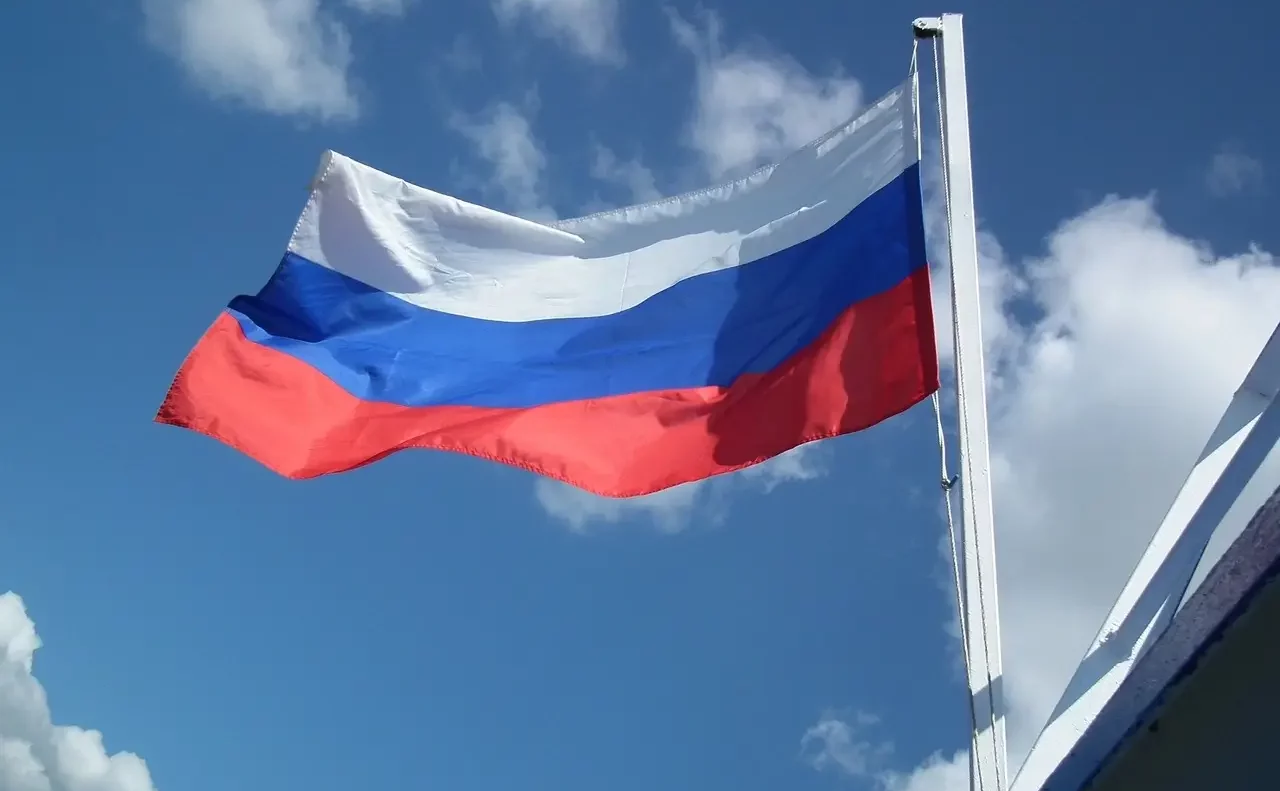Russia Tests Crypto Payments for Trade Amid Western Sanctions
17.09.2024 19:30 1 min. read Alexander Zdravkov
Russia is piloting a new legal framework aimed at enabling cryptocurrency payments for international trade.
This move is part of the country’s strategy to bypass Western sanctions and reduce dependence on the US dollar. The Russian government, which had been cautious about digital currencies, is now pushing forward with legislation to support these transactions.
The Digital Ruble is expected to launch in 2025, and the country recently legalized crypto mining and payments.
The initiative involves a focus group working with importers who face difficulties with payments, particularly for dual-use goods.
The group includes members from the Chamber of Commerce and Industry, the Association of Developers and Manufacturers of Electronics, and select banks. While the group is currently focused on larger businesses, there is potential for expansion, though the timeline is unclear.
In addition, Russia’s Central Bank is expediting legislation for digital currencies, with pilot projects for the Digital Ruble already underway. The aim is to make cross-border payments more efficient and reduce reliance on traditional financial systems. The Komi region is set to become a key area for crypto mining, with plans for new data centers boosting the sector.
-
1
Ripple Faces Legal Setback as Court Rejects Bid to Ease Penalties
26.06.2025 16:54 1 min. read -
2
Ripple Has Applied for a National Banking License
03.07.2025 7:00 2 min. read -
3
Coinbase Surges 43% in June, Tops S&P 500 After Regulatory Wins and Partnerships
29.06.2025 21:00 2 min. read -
4
What Will Happen With the Stock Market if Trump Reshapes the Fed?
29.06.2025 13:00 2 min. read -
5
Barclays Blocks Crypto Credit Card Payments in Latest Blow to Retail Investors
26.06.2025 8:00 2 min. read
BlackRock Moves to Add Staking to iShares Ethereum ETF Following SEC Greenlight
BlackRock is seeking to enhance its iShares Ethereum Trust (ticker: ETHA) by incorporating staking features, according to a new filing with the U.S. Securities and Exchange Commission (SEC) submitted Thursday.
IMF Disputes El Salvador’s Bitcoin Purchases, Cites Asset Consolidation
A new report from the International Monetary Fund (IMF) suggests that El Salvador’s recent Bitcoin accumulation may not stem from ongoing purchases, but rather from a reshuffling of assets across government-controlled wallets.
Sberbank Moves to Dominate Russia’s Crypto Custody Sector
Sberbank, Russia’s largest state-owned bank, is preparing to launch custody services for digital assets, marking a significant expansion into the country’s evolving crypto landscape.
Bank of America CEO Confirms Stablecoin Plans Are in Motion
Bank of America is actively developing a stablecoin offering, CEO Brian Moynihan revealed during a post-earnings conference call on Wednesday.
-
1
Ripple Faces Legal Setback as Court Rejects Bid to Ease Penalties
26.06.2025 16:54 1 min. read -
2
Ripple Has Applied for a National Banking License
03.07.2025 7:00 2 min. read -
3
Coinbase Surges 43% in June, Tops S&P 500 After Regulatory Wins and Partnerships
29.06.2025 21:00 2 min. read -
4
What Will Happen With the Stock Market if Trump Reshapes the Fed?
29.06.2025 13:00 2 min. read -
5
Barclays Blocks Crypto Credit Card Payments in Latest Blow to Retail Investors
26.06.2025 8:00 2 min. read


